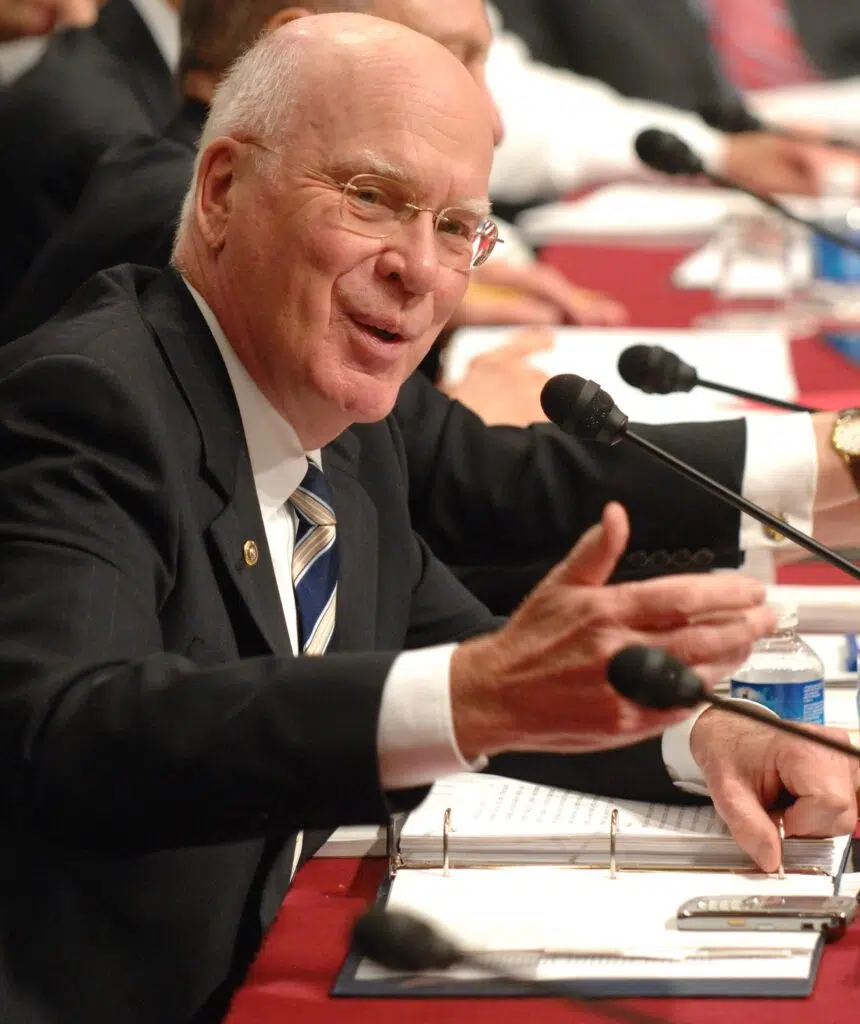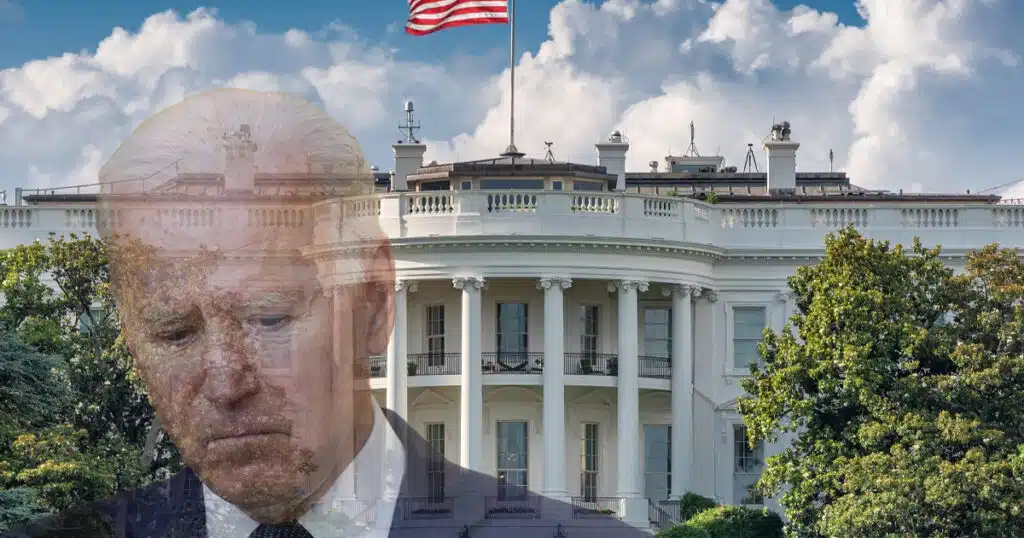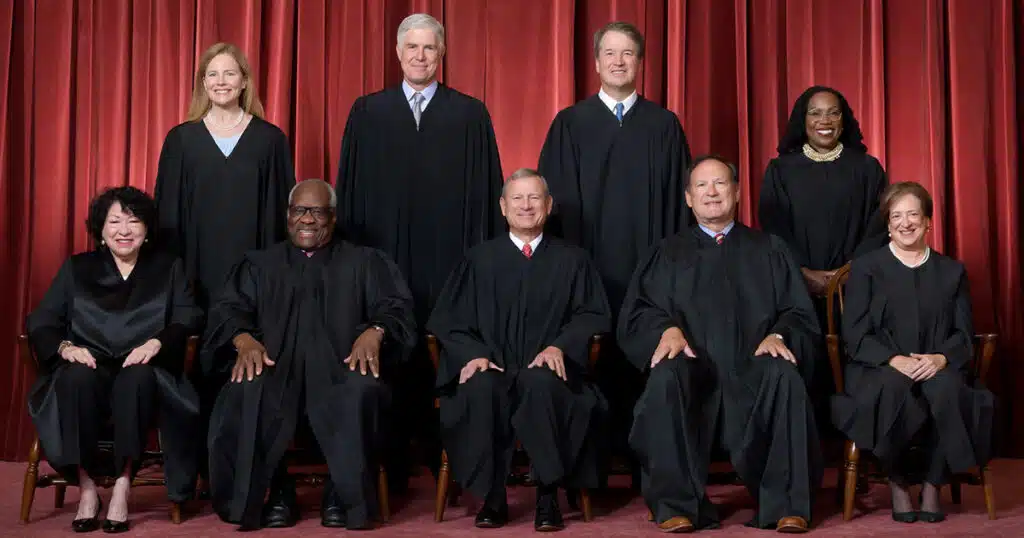
Members of Congress who Decide NPR’s Budget Were Asked About its Left-Wing Activism. What Did They Say?
Members of Congress take your taxpayer money and give it to National Public Radio (NPR), but they apparently don’t want to answer questions about the network’s hard-left slant.
RVIVR this week contacted the leaders of the U.S. House and the U.S. Senate appropriations committees.
To them, we posed two simple questions:
• Should objectivity and respect for all points of view in America, especially those held by nearly half the country, not be the journalistic standard for NPR?
• Should the appropriations committees withhold taxpayer money until and unless NPR takes a more objective approach to reporting the news?
Communications staff for House Committee on Appropriations Chair Rosa DeLauro (D-CT-03) and Ranking Member Kay Granger (R-Texas-12) did not return requests seeking comment.
As for the U.S. Senate Committee on Appropriations, staff for Vice Chair Richard Shelby (R-Ala.) also did not respond.
David Carle, spokesman for Chair Patrick Leahy (D-Vt.), however, did reply, although he wasn’t particularly helpful.
“I’ve never heard of your ‘news’ organization before,” Carle said, via email.
“Who are you and your organization?”
When directed to the RVIVR website, Carle responded back with the following:
“Yep . . . I could have guessed,” Carle wrote.
When asked if he would cooperate for this story, Carle chose not to respond.
RVIVR also reached out to NPR’s media relations team. They also chose not to respond.
The most recent examples of NPR’s hard-left bias — this month alone — include the following:
• A radio segment promoting religious groups in Oregon who fight for more gun control
• An announcement that NPR staff, including reporters who have previously covered social justice issues, guns, and voting rights, will make up a new Disinformation Reporting Team.
• A radio segment labeling anyone who complained of fraud in the November 2020 presidential elections as spreading a “stolen election lie.”
• An article promoting universities allowing students to choose their own pronouns, along with a question and answer session with Van Bailey, the director of Bisexual, Gay, Lesbian, Transgender, and Queer student life at Harvard College.
• A radio segment complaining that Hollywood hasn’t been pro-abortion enough.
• Proclaiming on Twitter that the assassinated former Japanese prime minister Shinzo Abe was “a divisive arch conservative” and an “ultranationalist.”
• Cancelling its annual Declaration of Independence reading and instead examining what “equality means and has meant in this document” after election reforms and changes to abortion laws.
The New York Times reported in 2020 that taxpayers that year gave the Corporation for Public Broadcasting (CPB), $465 million.
The CPB helps fund NPR, according to the Public Broadcasting Service’s (PBS) website.
NPR’s website reports that “a large portion of NPR’s revenue comes from dues and fees paid by our member stations and underwriting from corporate sponsors.”
“On average, less than 1 percent of NPR’s annual operating budget comes in the form of grants from CPB and federal agencies and departments,” the website went on to say.
According to Influence Watch, “many media watchdogs consider NPR to have a left-of-center bias. NPR “receives almost 10 percent of its budget from federal, state, and local governments indirectly.”



